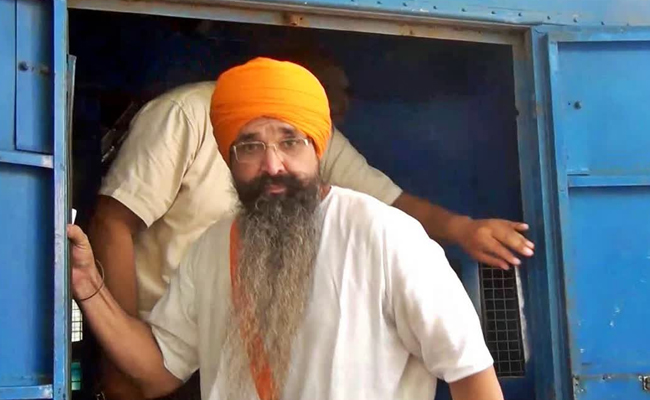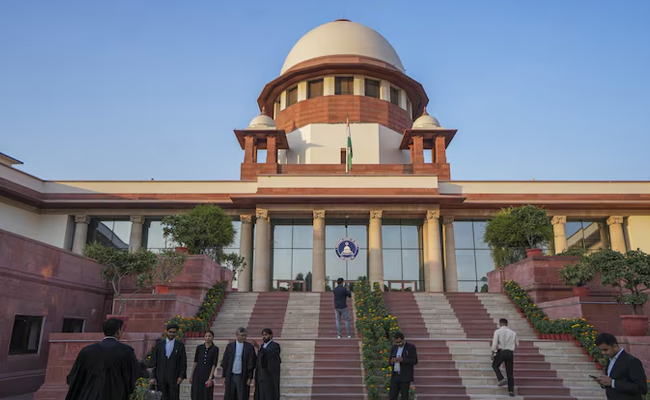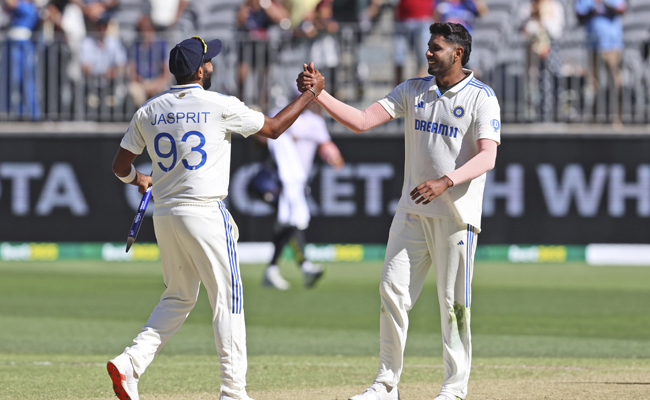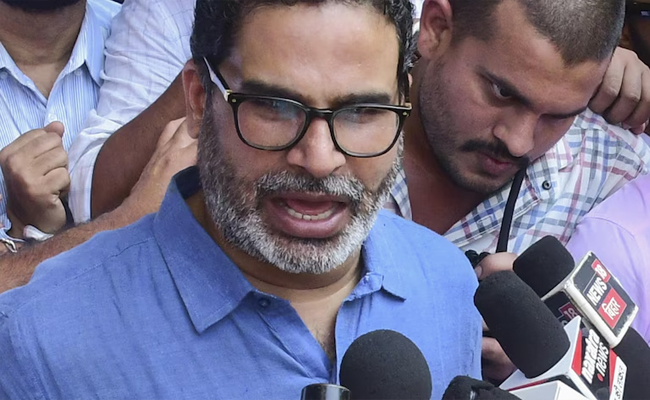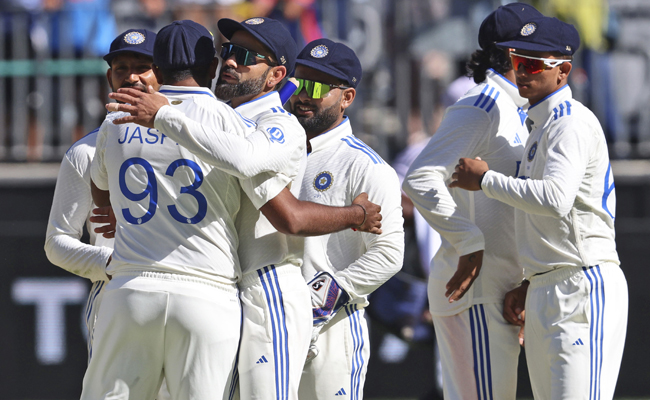New Delhi (PTI): The Centre on Monday told the Supreme Court that there was sensitivity involved in the matter related to the mercy petition of death row convict Balwant Singh Rajoana, convicted in the 1995 assassination case of then Punjab chief minister Beant Singh.
A bench headed by Justice B R Gavai was hearing Rajoana's plea seeking directions to commute his death sentence to life term due to the "inordinate delay" in deciding his mercy petition.
"There is a sensitivity involved. Some agencies will have to be consulted," Solicitor General Tushar Mehta told the bench, also comprising Justices P K Mishra and K V Viswanathan.
Additional Solicitor General K M Nataraj, who also appeared in the matter, said the issue was being reviewed by the government.
He said since the issue was sensitive, some more inputs were required in the matter.
The bench said it would hear the plea after four weeks.
While hearing the petition on November 18, the apex court had put on hold its order asking President Droupadi Murmu's secretary to place before her the mercy petition of Rajoana for consideration.
After the order was passed in the morning on November 18, the solicitor general had urged the bench that it should not be given effect as there were "sensitivities" involved in the issue.
Mehta had told the top court that the file was with the home ministry and not the President.
On September 25, the top court sought responses from the Centre, the Punjab government and the administration of the Union Territory of Chandigarh on Rajoana's plea.
The then Punjab chief minister and 16 others were killed in a blast at the entrance of the civil secretariat in Chandigarh on August 31, 1995. A special court sentenced Rajoana to death in July 2007.
In his plea, Rajoana has sought the apex court's direction to the respondent authorities to commute his death sentence "due to inordinate delay" in its execution and in deciding the "mercy petition filed on his behalf".
The plea said consequentially, a direction be issued for his release.
On May 3 last year, the apex court refused to commute his death sentence and said the competent authority could deal with his mercy plea.
In his fresh plea, Rajoana has said he has undergone a total sentence of about 28 years and eight months, of which 17 years have been served as a death row convict.
He has said that in March 2012, a mercy petition under Article 72 of the Constitution was preferred by the Shiromani Gurdwara Parbandhak Committee seeking clemency on his behalf.
The plea said over a year has elapsed since the top court had directed the competent authority, in due course of time, to deal with the mercy petition filed on his behalf and take further decision thereon.
It referred to an April last year order of the top court in a separate matter in which the court had directed all the states and appropriate authorities to decide the pending mercy petitions at the earliest and without any inordinate delay.
Let the Truth be known. If you read VB and like VB, please be a VB Supporter and Help us deliver the Truth to one and all.
New Delhi: The Supreme Court on Monday upheld the inclusion of the words ‘socialist’ and ‘secular’ in the Preamble of the Constitution, confirming their retrospective application from November 26, 1949. The court ruled that the power to amend the Constitution under Article 368 extends to the Preamble, which is an integral part of the document.
A Bench led by Chief Justice of India Sanjiv Khanna stated, “The power under Article 368 cannot be curtailed. It will equally apply to the Preamble.” The 42nd Constitutional Amendment, which introduced these terms in 1976 during the Emergency, was challenged on grounds of its retrospective application and the lack of states’ ratification.
The petitioners, including BJP leader Subramanian Swamy, argued that the amendment forced a particular economic theory on the nation and violated the original intent of the Constitution. Advocate Ashwini Kumar Upadhyay contended that the Preamble reflects the will of the people at the time of adoption in 1949 and is therefore unalterable.
The court dismissed these objections, affirming that both socialism and secularism are part of the Constitution's Basic Structure. The Bench clarified that socialism refers to a welfare state ensuring equality of opportunity without negating private sector participation or individualism. It emphasised that secularism is embedded in the Constitution, particularly in the principles of equality and fraternity.
Chief Justice Khanna remarked, “Secularism has always been a core feature of the Constitution.” He added that the amendment did not impose socialism as dogma but aligned with the welfare goals enshrined in various constitutional provisions.

